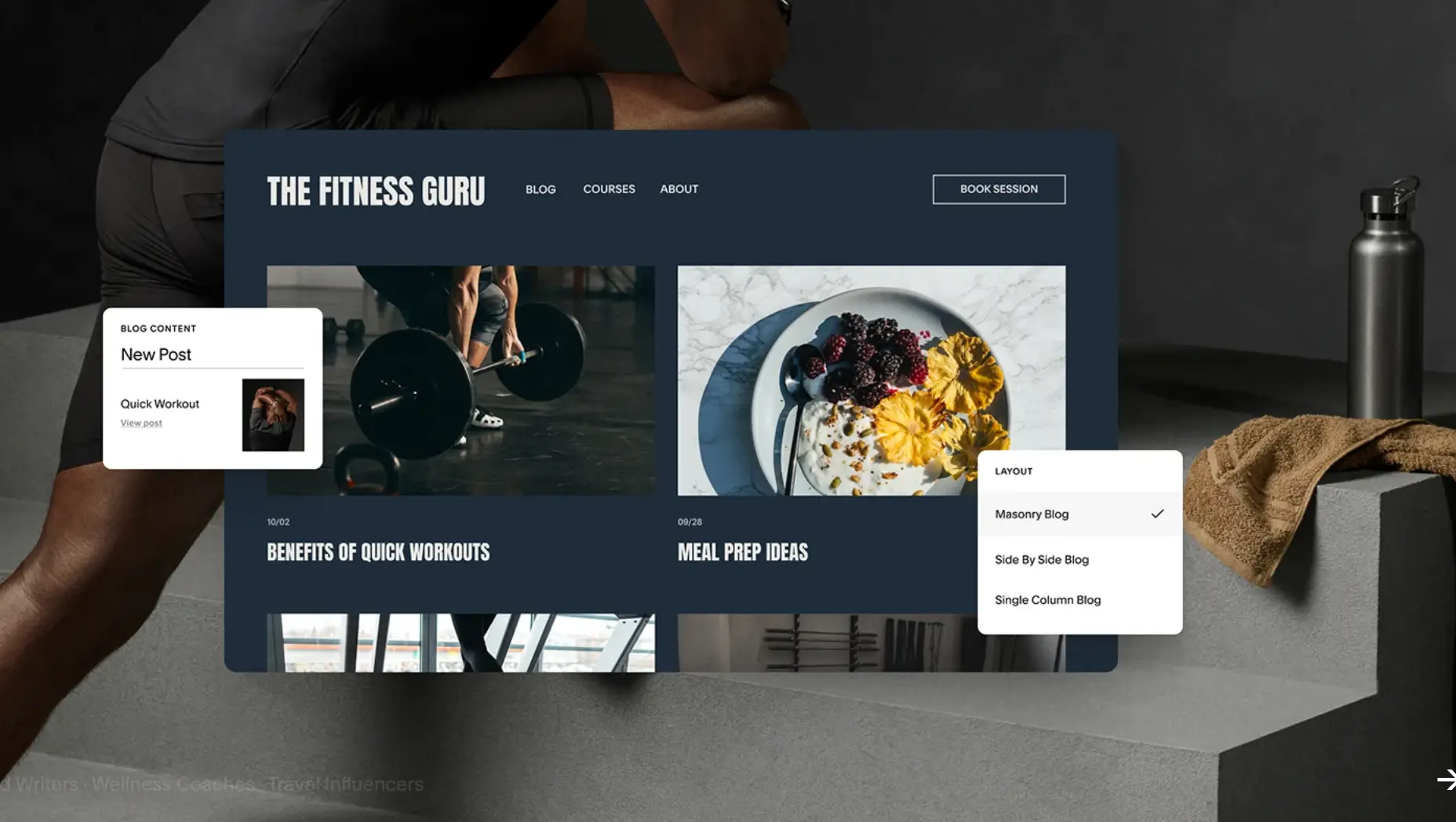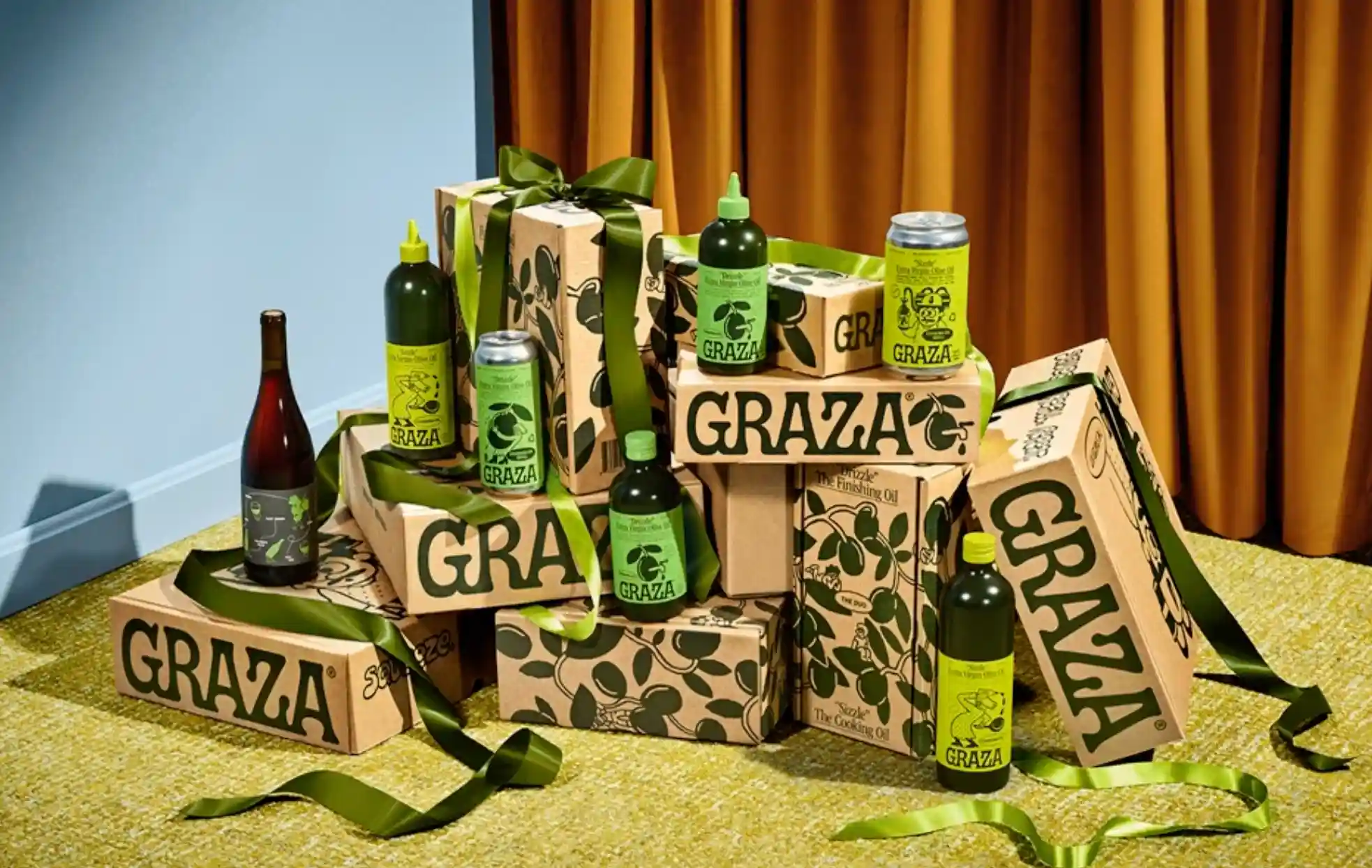The Richest Wineries in the World: Wine Meets Luxury on a Global Scale
Updated on
Published on
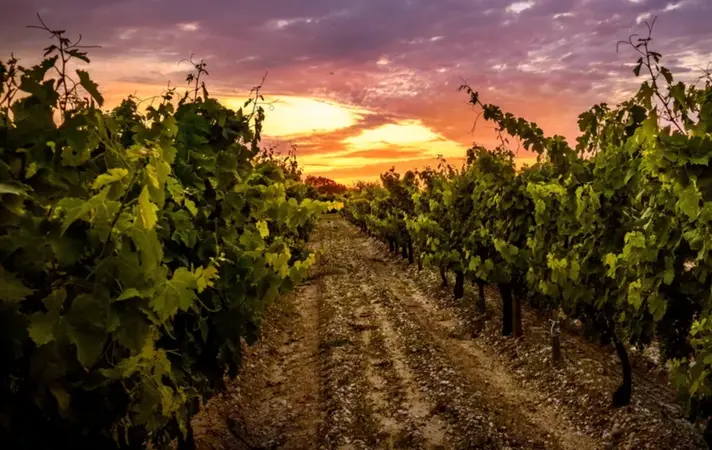
Wine may start in the vineyard, but in 2025, it ends with billion-dollar valuations. The richest wineries in the world aren’t just rustic estates nestled in scenic hills — they’re massive enterprises, luxury lifestyle brands, and global exports that move millions of bottles and dollars each year. These aren't your average local vineyards. They are the best wineries in the world — known for legendary vintages, high-profile collectors, and unparalleled international reach. Whether you're swirling a glass of Bordeaux or sipping a cult Napa Cabernet, the financial weight behind these most famous wineries is as complex as the wine itself.
- Features the richest wineries based on value, revenue, prestige, and global influence
- Blends legacy wine estates with high-end luxury wine producers and international empires
1. Château Margaux (France)
Château Margaux is a crown jewel of Bordeaux and easily one of the most famous wineries in the world. Known for its Premier Grand Cru Classé status, this 400-year-old estate consistently produces some of the most coveted wines on the planet. Bottles of Château Margaux vintages can sell for thousands — or even tens of thousands — of dollars. With strict production control and a global cult following, the estate’s value has soared into the billion-dollar range.
- Among Bordeaux’s “First Growth” legends with global recognition
- Limited production drives exclusivity and astronomical bottle pricing
2. E. & J. Gallo Winery (USA)
When it comes to volume and commercial reach, no winery rivals E. & J. Gallo. Based in California and family-owned since 1933, Gallo is the largest wine producer in the world by volume — and one of the richest wineries globally. With dozens of labels under its belt, including Barefoot, Apothic, and Louis M. Martini, Gallo’s wine empire spans everything from affordable supermarket bottles to prestigious vineyard estates.
- Largest wine producer globally with vast brand portfolio
- Estimated revenues in the multi-billion-dollar range
3. Château Lafite Rothschild (France)
Château Lafite Rothschild is pure luxury. As another Bordeaux First Growth estate, its name is synonymous with prestige, history, and price tags that rival fine art. Owned by the Rothschild family, Lafite’s wines are collected by royalty, billionaires, and elite sommeliers. With its iconic label, impeccable consistency, and historic legacy dating back to the 17th century, Lafite is as much an investment as it is a beverage.
- Bottles regularly sell for $5,000 to over $20,000 at auction
- Operates with a global distribution network and luxury branding
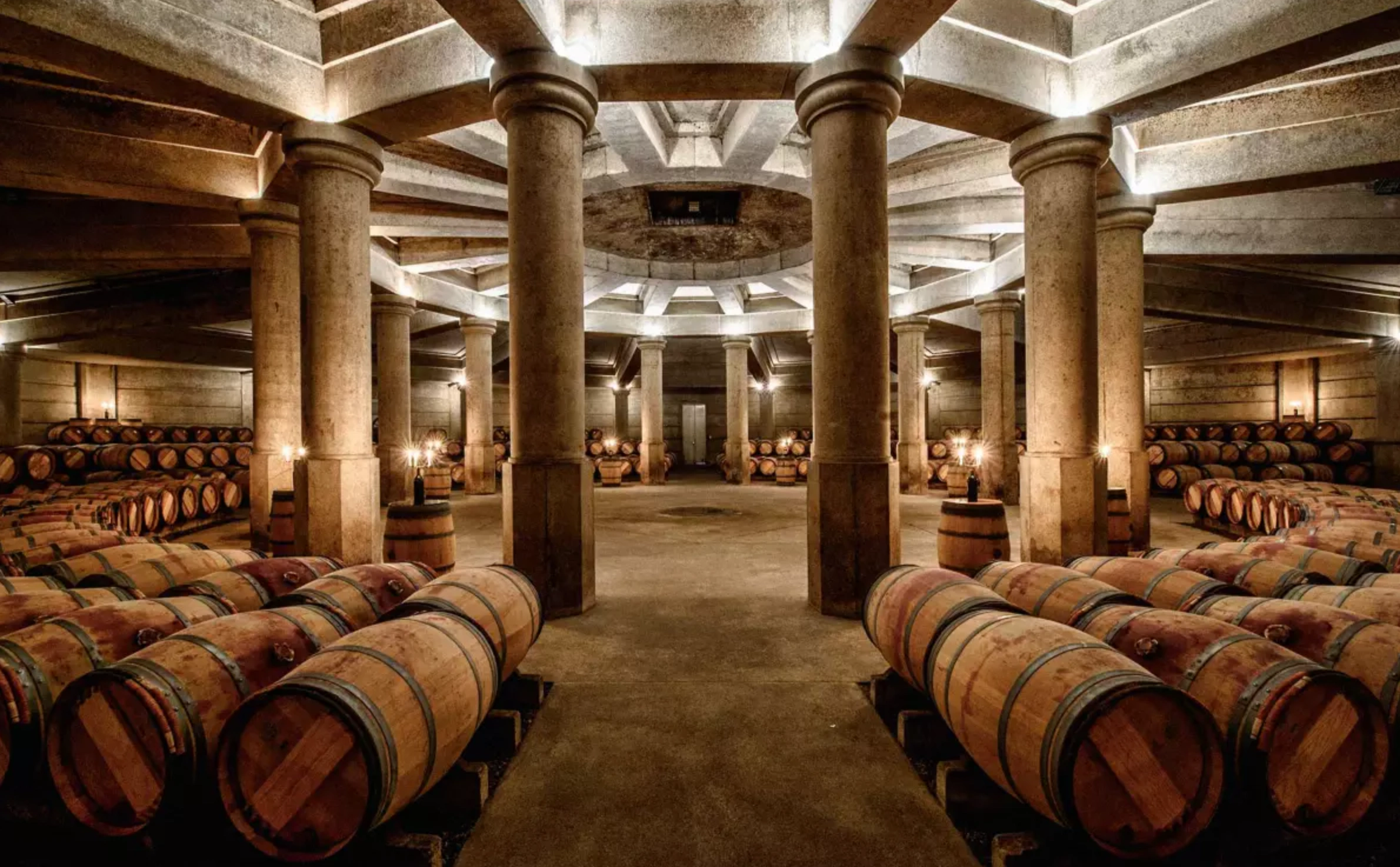
4. Treasury Wine Estates (Australia/Global)
Based in Australia and listed on the stock exchange, Treasury Wine Estates is a global wine powerhouse. It owns iconic brands like Penfolds, Beringer, and 19 Crimes. With operations across the U.S., Europe, Asia, and Australia, Treasury combines corporate scale with luxury appeal. Penfolds Grange, in particular, is one of the most expensive and collectible wines from the Southern Hemisphere.
- Owns over 70 wine brands and exports to 70+ countries
- Combines corporate scale with ultra-premium labels like Penfolds
5. Domaine de la Romanée-Conti (France)
Often referred to as DRC, Domaine de la Romanée-Conti is the most expensive wine producer in the world by bottle value. Located in Burgundy, this small estate produces Pinot Noir in such limited quantities that bottles can reach $15,000–$50,000+ on the secondary market. It’s not the largest winery — far from it — but its scarcity, reputation, and unwavering quality make it one of the richest wineries per square foot of land.
- Most expensive wines globally on a per-bottle basis
- Tiny vineyard holdings drive exclusivity and insane auction demand
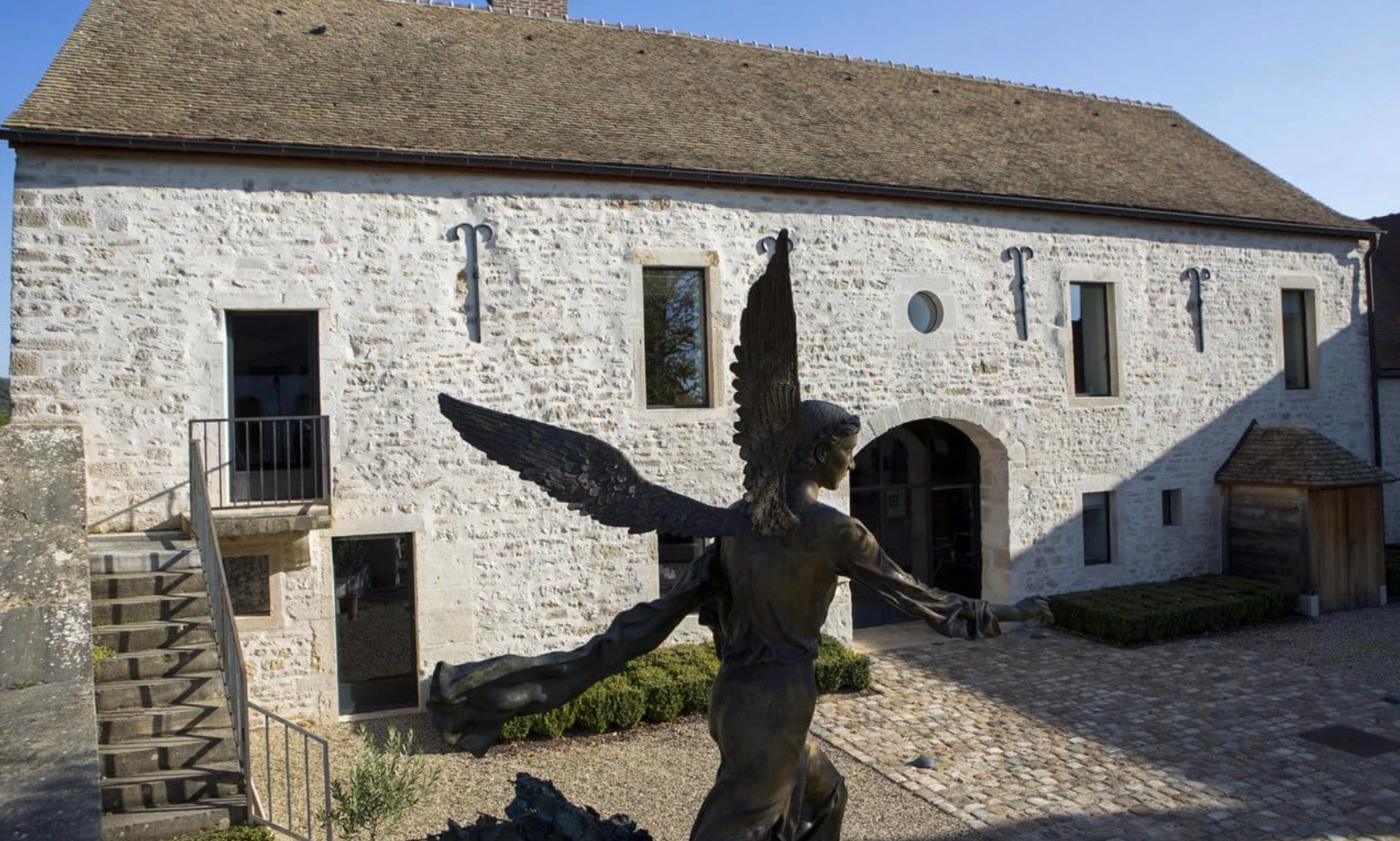
6. Constellation Brands (USA)
Constellation Brands owns one of the biggest and richest wine portfolios in the world. With labels like Robert Mondavi, Meiomi, and The Prisoner, the company has successfully blended mainstream popularity with upscale appeal. Listed on the NYSE, its wine and spirits division generates billions annually. Though more corporate than romantic, Constellation’s reach and profitability are undeniable.
- Major wine conglomerate with top-selling U.S. brands
- Multi-billion-dollar enterprise listed on public markets
7. Marchesi Antinori (Italy)
The Marchesi Antinori family has been making wine in Tuscany since 1385, and their estate remains family-run — but now operates on a truly global scale. Their flagship wines, including Tignanello and Solaia, helped birth the “Super Tuscan” category. Antinori combines historical prestige with modern innovation and international luxury. As one of Italy’s most famous wineries, they also own vineyards in California, Chile, and Hungary.
- Among the oldest family-owned businesses in the world
- Flagship Super Tuscans regularly fetch $300–$1,000+ per bottle
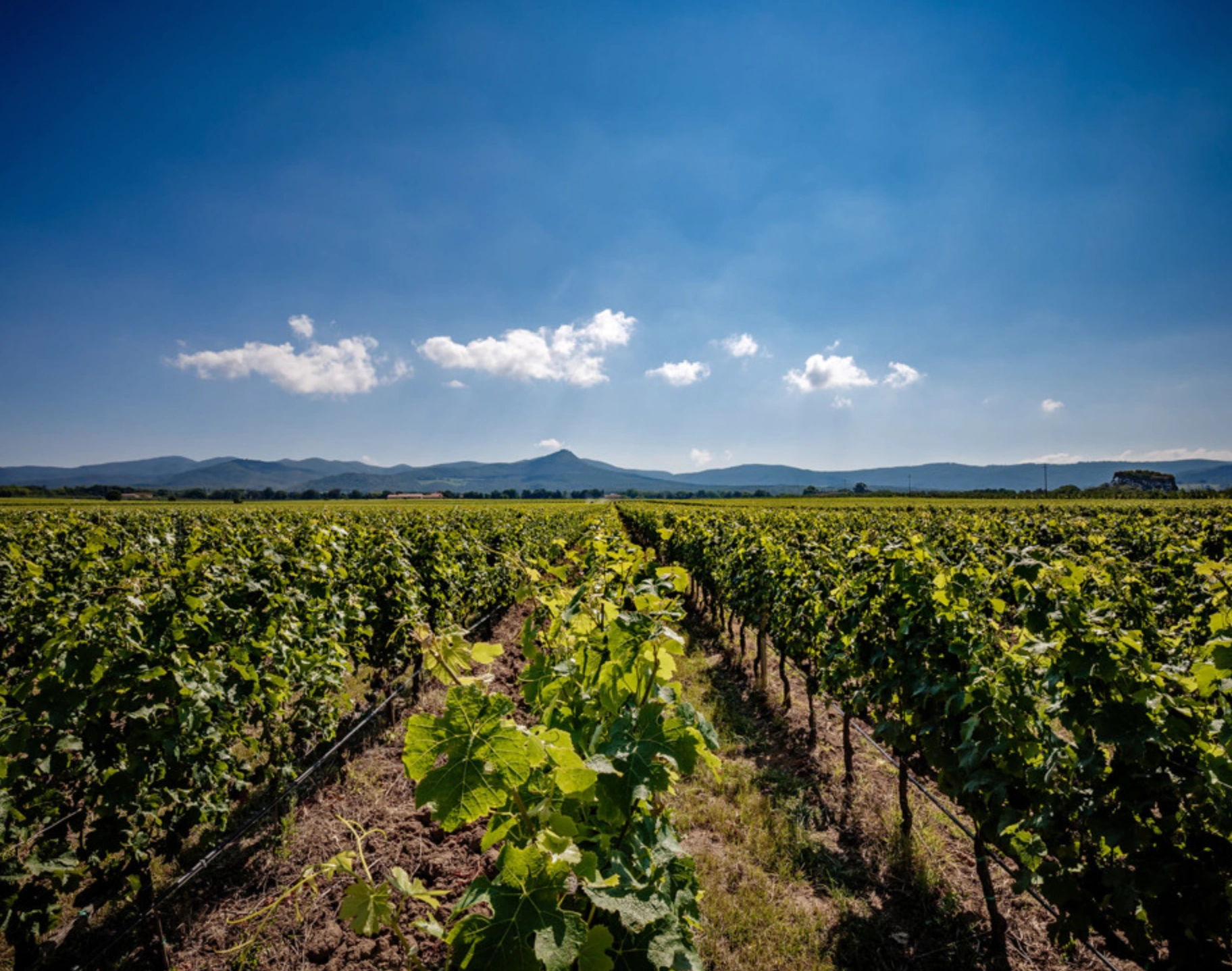
8. Vega Sicilia (Spain)
Spain’s most prestigious winery, Vega Sicilia, sits in the Ribera del Duero region and is considered one of the most famous wineries in Europe. Its Unico vintage is legendary among collectors, and the estate only releases wines during exceptional years. Owned by the Álvarez family, Vega Sicilia has expanded into Hungary and beyond while maintaining extreme quality control and limited availability.
- Flagship wine “Unico” rivals French First Growths in value
- Expansion into global markets without diluting brand exclusivity
9. Moët Hennessy Wine Division (France/Global)
Moët Hennessy — part of the LVMH luxury empire — owns some of the most famous wineries and Champagne houses on the planet, including Château d’Yquem and Cloudy Bay. While best known for Champagne, their still wine portfolio is growing in prestige and profitability. Moët’s global distribution and luxury connections make every bottle a business move.
- Part of LVMH’s multi-billion-dollar luxury brand network
- Owns Château d’Yquem, one of the most iconic dessert wines ever made
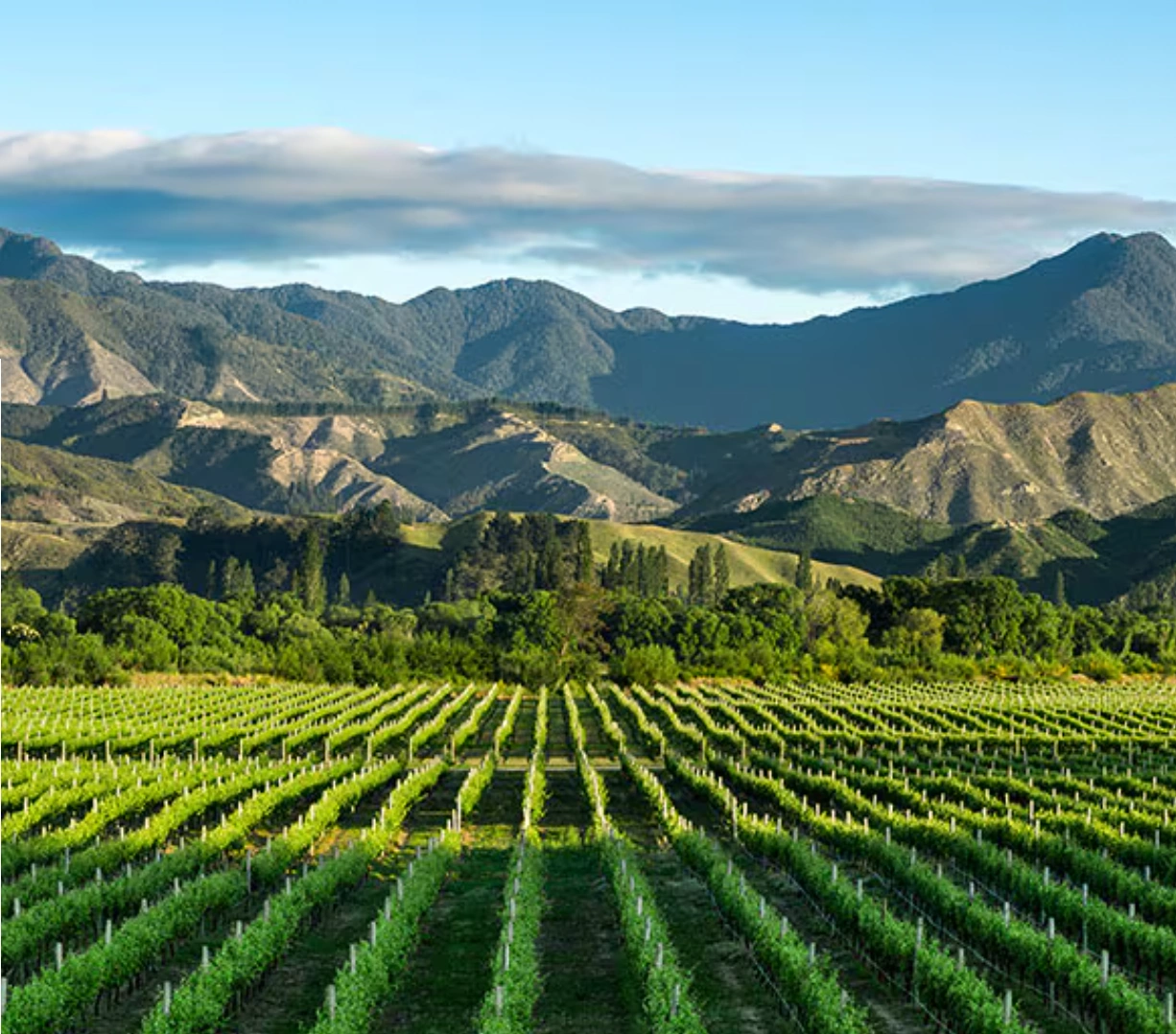
10. Jackson Family Wines (USA)
Best known for Kendall-Jackson, this California-based powerhouse owns over 40 wineries worldwide, including high-end estates like Vérité, Lokoya, and Freemark Abbey. Privately held and family-run, Jackson Family Wines has cultivated a reputation for balancing large-scale output with boutique quality. Their focus on sustainability and estate-grown fruit has strengthened their value over the years.
- Owns 40+ wineries in California, Oregon, Chile, France, and more
- Balances luxury appeal with broad distribution and global reach
Grapes, Global Markets, and Growing Fortunes
The richest wineries in the world represent more than vineyards — they’re legacy builders, luxury brands, and billion-dollar businesses. Whether rooted in centuries-old estates or built on corporate empires, the best wineries in the world command global demand and prestige. These most famous wineries have mastered the blend of tradition, innovation, and profitability, turning bottles into bank accounts and vintages into value. In 2025, wine is no longer just about terroir — it’s about market share, global branding, and generational wealth.
- The world’s richest wineries combine history, luxury, and savvy business
- Global demand and high margins keep these estates on top of the wine world
FAQs
What is the richest winery in the world?
E. & J. Gallo Winery is the richest by volume and revenue, while Château Margaux and Domaine de la Romanée-Conti lead in per-bottle value.
What are the most famous wineries globally?
Château Lafite Rothschild, Domaine de la Romanée-Conti, Antinori, and Penfolds are some of the most famous wineries worldwide.
Which winery produces the most expensive wine?
Domaine de la Romanée-Conti holds the record for the most expensive regularly produced wines in the world.
Are corporate wine brands as valuable as legacy estates?
Yes — brands like Gallo and Constellation own high-volume labels that generate billions annually, making them financially dominant.
Do family-run wineries still exist among the richest?
Absolutely. Antinori, Jackson Family Wines, and Vega Sicilia remain family-owned while holding vast global assets and premium status.


